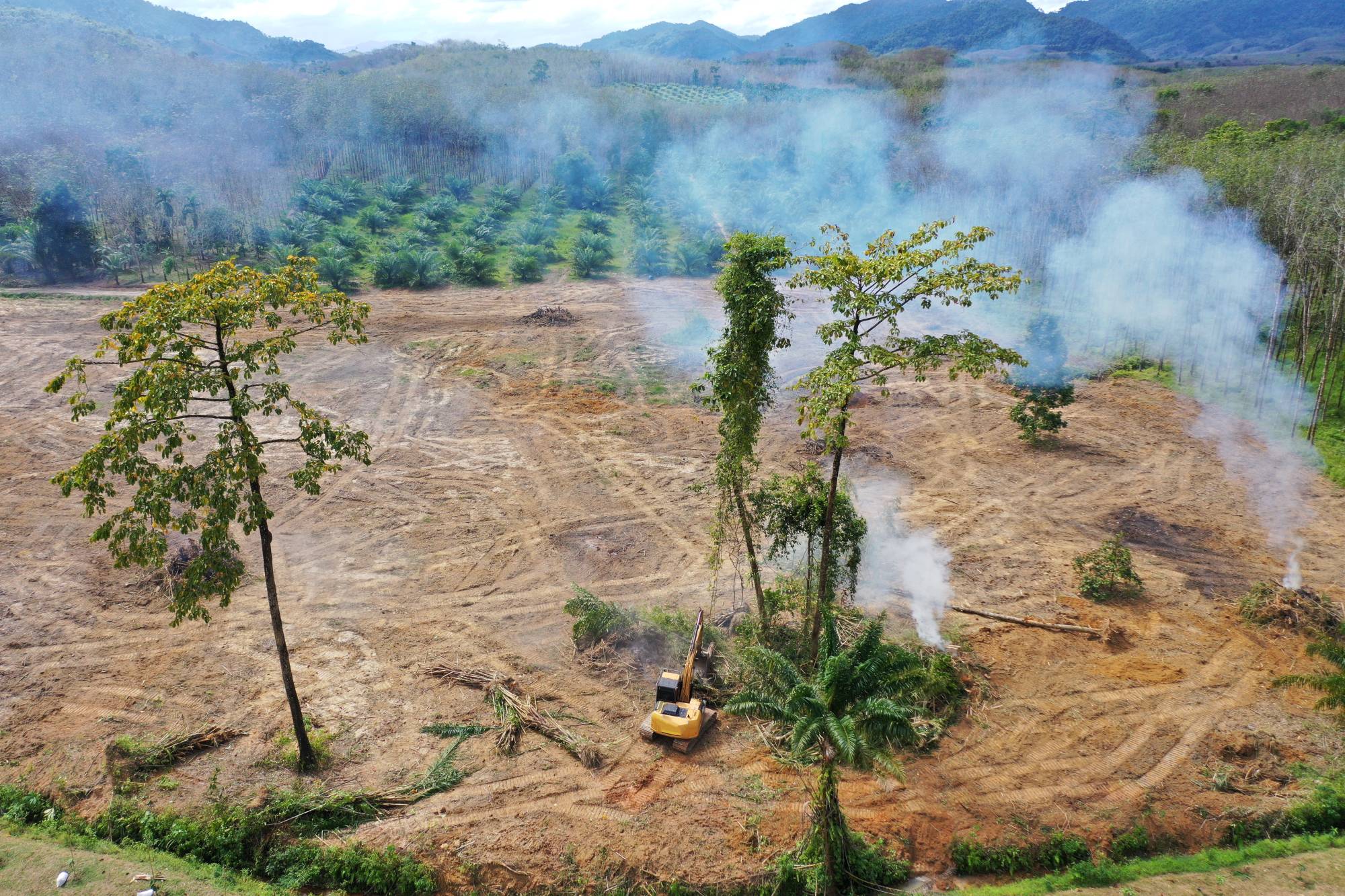The combined effects of COVID-19 and climate change have revealed profound vulnerabilities in Southeast Asia.
In the member states of the Association of Southeast Asian Nations (ASEAN), the pandemic turned hospitals into mortuaries at the same time as natural disasters transformed coastal communities into washed-out mud flats. To improve regional resilience and promote sustainable growth, the post-COVID-19 recovery must focus not only on decarbonization, but also on the protection of nature.
Throughout the region, nature remains in a policy silo, and the importance of biodiversity, in particular, rarely features prominently in economic development plans. Biodiversity provides food, water, shelter and medicine. It contributes to social cohesion and climate stabilization and can help humanity adapt to a changing environment. And yet the ASEAN Comprehensive Recovery Framework mentions biodiversity only once — in a footnote. Unless this approach changes, ASEAN member states risk sinking billions of development dollars into measures that fail to address a root cause of our current problems.


















With your current subscription plan you can comment on stories. However, before writing your first comment, please create a display name in the Profile section of your subscriber account page.